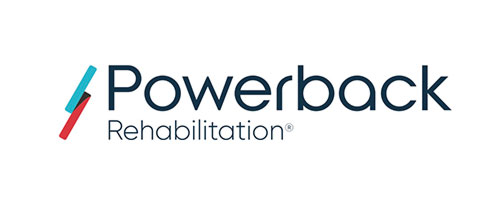[BOUNCE BACK] Less stress, more education tied to resilience in women 80+
Having a four-year college degree and a low level of stress are strongly linked to psychological resilience in US women ages 80 and older, a recent study suggests. The researchers analyzed data from the Women’s Health Initiative to identify factors that are associated with higher self-rated resilience - the ability to weather storms and rebound from setbacks - among almost 30,000 women with an average age of 84.
Other characteristics linked to higher resilience included stronger social support, higher self-rated health and a lower risk of depression than levels among women who reported lower resilience. The findings point to interventions health practitioners could adopt to improve the quality of life for older women in their care, said lead author Jessica Krok-Schoen, assistant professor in health sciences in the School of Health and Rehabilitation Sciences at The Ohio State University.
The sample of 29,347 women was 91.4% white, 3.7% Black, 1.9% Hispanic and 1.7% Asian. However, many factors most strongly associated with a high level of resilience did not differ based on the women’s race or ethnicity. There was a difference in resilience scores based on neighborhood socioeconomic status, with lower neighborhood socioeconomic status correlating with lower resilience scores. Almost half of the participants lived in an area with moderate socioeconomic status.
Resilience was measured based on participants’ level of agreement or disagreement with three statements: “I tend to bounce back quickly after hard times,” “It does not take me long to recover from a stressful event” and “I have a hard time making it through stressful events.”
Though associations between resilience level and many variables were found, there were clear standouts, Krok-Schoen said. Higher education and lower perceived stress were consistently linked to higher resilience among the women across race, ethnicity and socioeconomic groups. On the other end of the spectrum, increased likelihood of depression was significantly linked to lower resilience for most older women.
By understanding what older women say about their own resilience, Krok-Schoen said, experts could develop interventions for this population designed to foster social support, manage stress, reduce depressive symptoms and encourage physical activity.
To read the abstract, click here
Do you have news to share?
The ICAA welcomes your news submissions. Please send your press releases to colinmilner@icaa.cc-the ICAA's email for submissions-and staff will consider your news for possible publication. Newsworthy topics include such things as center/community openings; initiative or campaign launches; announcements of awards, promotions or grants; and other topics of interest to active-aging professionals.
Share



































